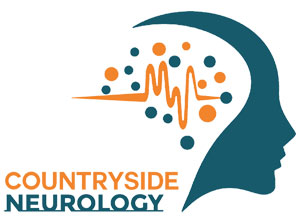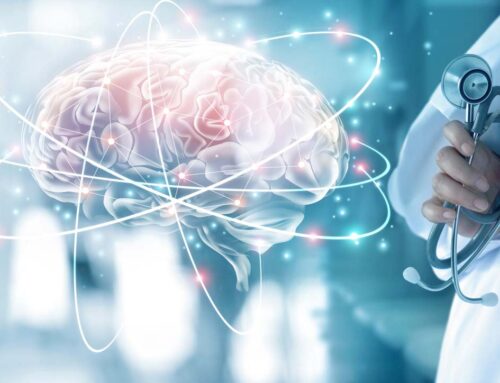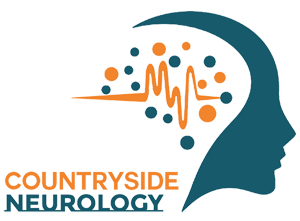Introduction:
Mild Cognitive Impairment (MCI) is a condition that lies between the normal cognitive decline associated with aging and more serious cognitive disorders like Alzheimer’s disease. Individuals with MCI experience noticeable cognitive changes but can still manage daily activities. At Countryside Neurology, we’re exploring innovative approaches like Transcranial Magnetic Stimulation (TMS) therapy to address the challenges of MCI. In this article, we’ll delve into what MCI is, its implications, and the potential benefits of TMS therapy.
What is Mild Cognitive Impairment (MCI)?
MCI is characterized by cognitive changes that are more significant than typical age-related decline but are not severe enough to warrant a dementia diagnosis. Individuals with MCI often experience problems with memory, language, thinking, and judgment. While these changes can impact daily life, they are not as debilitating as those associated with Alzheimer’s or other forms of dementia.
The Concerns of Mild Cognitive Impairment:
- Risk of Progression: MCI can progress to more severe cognitive impairment, including dementia, although this is not inevitable.
- Impact on Daily Life: Cognitive changes in MCI can affect one’s ability to manage daily tasks, work, and maintain relationships.
- Individual Variability: The progression and outcomes of MCI vary greatly among individuals, making it a challenging condition to predict.
How TMS Therapy Can Help:
Transcranial Magnetic Stimulation (TMS) therapy is an innovative, non-invasive treatment that uses magnetic pulses to stimulate specific brain regions. It’s emerging as a potential therapy for MCI due to its ability to modulate neural activity and enhance cognitive function.
The Potential of TMS for MCI:
- Memory Enhancement: TMS may target brain regions associated with memory, potentially improving memory function in individuals with MCI.
- Cognitive Stimulation: By influencing neural pathways, TMS may enhance overall cognitive function, including problem-solving and decision-making abilities.
- Neuroplasticity: TMS can promote neuroplasticity, the brain’s ability to reorganize itself, which could be beneficial for those with MCI.
- Non-Invasive Approach: TMS therapy is non-invasive, making it a safer alternative to other treatments.
Why Choose TMS at Countryside Neurology:
At Countryside Neurology, we’re at the forefront of providing innovative treatments like TMS therapy for neurological conditions, including MCI. Our certified and extensively trained team conducts comprehensive evaluations to determine the suitability of TMS for each patient’s unique needs. We’re committed to exploring TMS therapy’s potential in enhancing cognitive function for individuals with MCI.
Conclusion:
Mild Cognitive Impairment is a complex and challenging condition, but with advances in treatments like TMS therapy, there’s hope for those experiencing cognitive changes. If you or a loved one is living with MCI and seeking innovative ways to enhance cognitive function, consider the potential benefits of Transcranial Magnetic Stimulation. Contact Countryside Neurology today to learn more about how TMS therapy can be a valuable tool in your journey to improved cognitive health.
Call us at 727-712-1567.
#TMSforMildCognitiveImpairment #TMSatCountryside #TMSatCSNeurology #TMSTherapy #MCI
Sources:
ChatGPT





